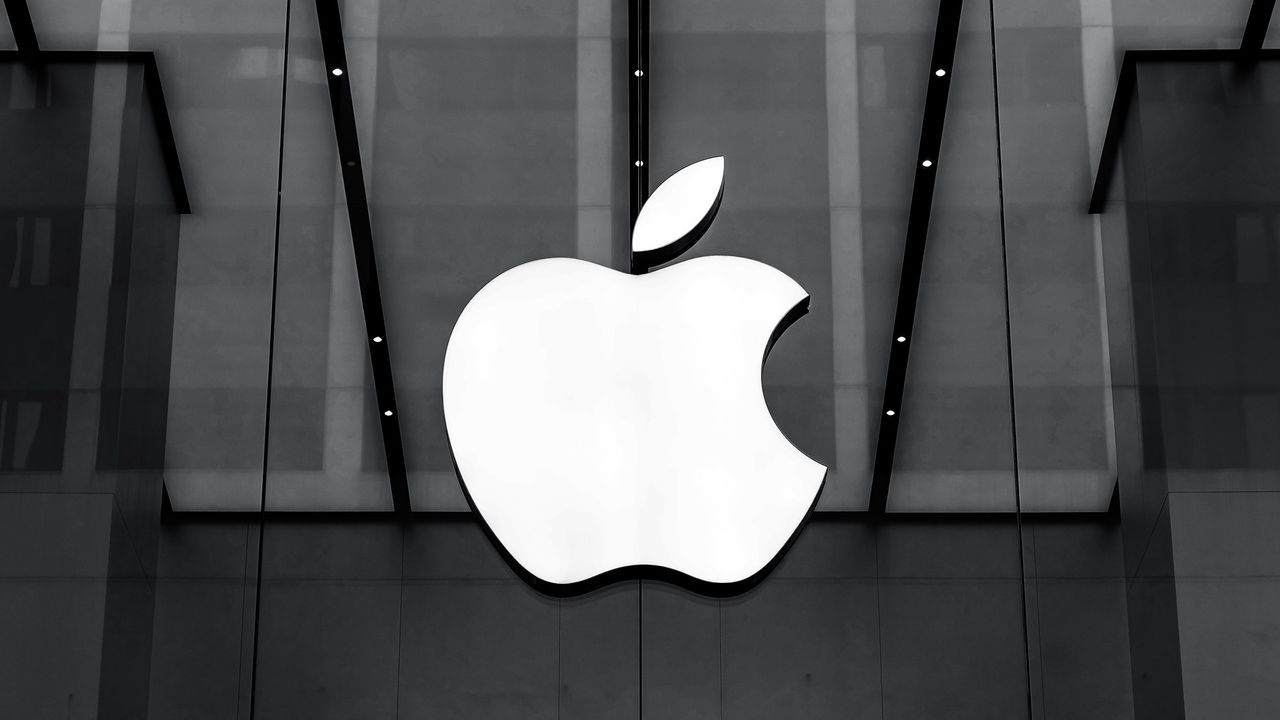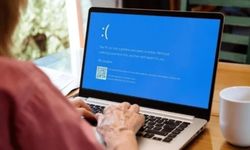The New York Times reported the details of the curious case in which 16-year-old James Gill, a student at Saucon Valley High School in Bethlehem, Pennsylvania, caused headaches for Apple, the $3 trillion tech giant.
James Gill, who worked as a cashier at McDonald's for $11 an hour while continuing his education, worked to decode Apple's iMessage application, which Apple developed for iPhones about 10 years ago, and whose privacy is of utmost importance.
After much effort, Gill managed to crack all the code of the tech giant's proprietary app. Gill then wrote the code for iMessages to be used on Android-based phones and published it on GitHub last June.
When Eric Migicovsky, one of the founders of the technology company Beeper, noticed the program on GitHub, he offered the young cashier a $100 an hour job. High school student James Gill accepted the offer and started working for the company.
Migicovsky's company, with Gill's help, launched Beeper Mini in early December, enabling the iMessage app to be used on Android-based phones. Even as Apple updated the iMessage app with new add-ons to make it available only on iPhones, Beeper Mini kept reinventing the code.
Beeper Mini quickly became a headache and a potential antitrust issue for Apple. It blew a big hole in Apple's messaging system. Apple decided to block the app on the grounds that it posed a security and privacy risk. Apple's relentless backlash turned into a duel as Beeper Mini found alternative ways to work.
Following the developments, Apple and Beeper Mini were sued. This fight also attracted the attention of the US Senate's antitrust subcommittee. The leaders of the committee wrote a letter to the Department of Justice expressing their concern that Apple is blocking competition. Rival smartphone makers say iMessage has helped Apple increase its smartphone market share in the United States from 41 percent to more than 50 percent in 2018, according to technology firm Counterpoint Research.















